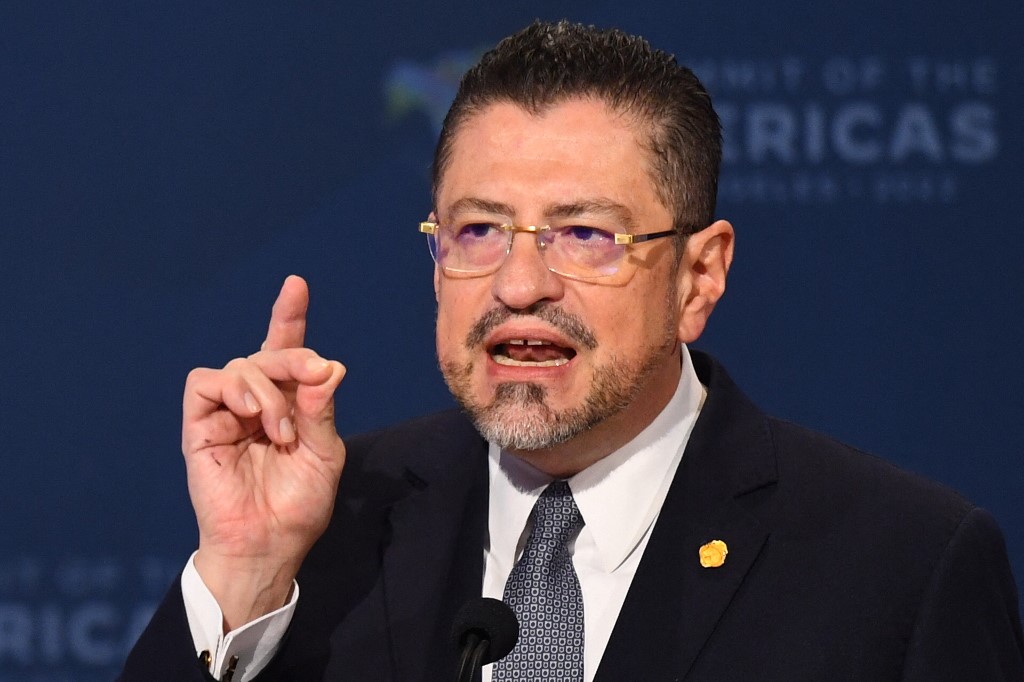Businessman Leonel Baruch Goldberg filed a lawsuit against President Rodrigo Chaves Robles. According to Baruch, the President intervened in his child custody process, which is why he is alleging two suspected crimes of influence peddling.
The shareholder of the media outlet CRHoy argued that Chaves exerted undue pressure on the former president of the National Board of Children (PANI), Gloriana López Fuscaldo, to act in favor of his wife, Yafit Ohana.
Baruch and Ohana have been separated for over five years and are in the process of divorce.
The co-owner of Banco BCT also claimed that the President had committed a second case of influence peddling by exerting undue pressure on the president of the National Institute of Women (INAMU), Adilia Caravaca, to assist Ohana in a domestic violence case, which Baruch labeled as false.
In addition, he stated that INAMU had allegedly supported Ohana in the divorce suit he filed over than five years ago.
The complaint details that the alleged collaboration between Ohana and Chaves coincided with the actions requested of PANI, and with the woman’s visits to the Presidential House, where she met twice with the President, twice with the advisor Gabriel Aguilar, and once with Minister Jorge Rodríguez.
Baruch explained in a press release that, to protect his underage children, he had kept his suspicions about the collaboration between Rodrigo Chaves and Yafit Ohana private. However, he decided to change his stance after López Fuscaldo testified under oath before deputies about the presidential advisor’s call.
He also told the Prosecutor’s Office there was alleged collaboration between his wife and the Presidency of the Republic to produce the TikTok video that served as the basis for the alleged “mega-case” of tax evasion that the Ministry of Finance reported against him.
The businessman also stated that his wife “has manipulated” the judicial system with the “evident complicity of the President of the Republic and his subordinates.”
It’s worth noting that the crime of influence peddling, established in article 52 of the Law against Corruption, is punishable by two to five years in prison. The penalty limit increases by a third when the undue influence comes from high-ranking officials.






